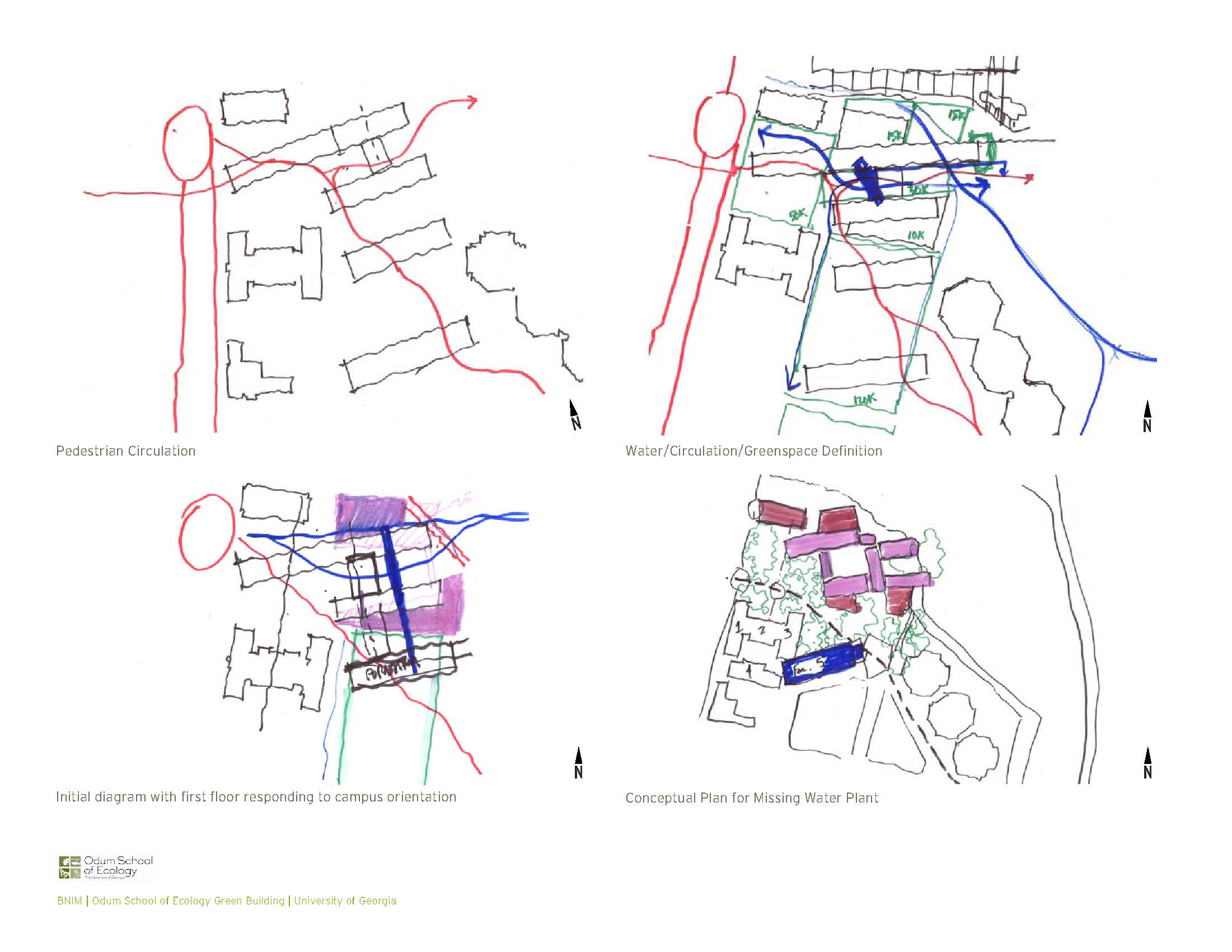Fundamentals Of Ecology By Odum Pdf Printer

EUGENE PLEASANTS ODUM September 17, 1913–August 10, 2002 BY GARY W. BARRETT E UGENE P. ODUM WAS recognized nationally and inter-nationally as a pioneer of ecosystem ecology. It is rare that an individual makes major contributions in each essential component of academic life: education, research, and pro-gram development. FUNDAMENTALS OF ECOLOGY was first published in 1953 and was the vehicle Odum used to educate a wide audience about ecological science. This Fifth Edition of FUNDAMENTALS OF ECOLOGY is co-authored by Odum's protege Gary Barrett and represents the last academic text Odum produced.

Fundamental Of Ecology
The word ecologi s derived from rhe Greek oihos, meaning 'household,' and logos, meaning 'study.' Thus, the study of the environmental house ncludes all the organ- isms n it and all the fun ctional processes hat make the house habitable.
Literally, then, ecology is the stud y o[ 'life at home' with emphasis on 'the totality or pat- tern of relations between organisms and their environment,' o cite a standard dic- tionary definition of the word (Merriam Webster's ollegiate ictionory, 1Oth edition, s.v. The word economics s also de rived from the Greek root oikos.
Fundamentals Of Ecology By Eugene Odum
As nom[s means 'management,' conomics rans lates s 'the management f the household' and, ac- cordingly, ecology and economics should be companion disciplines. Hp pavilion dv 9700 notebook pc. Unfortunately, many people view ecologists nd economists s advercaries ith antithetical visions. Table 1-1 attempts o illustrate perceived differences etween economics and ecol- ogy. -ater, his book will consider he confrontation hat resuhs b€cause ach disci- pline takes a narrow view of its subject and, more mportant, the rapid development of a new interface discipline, ecoiogical conomics, hat is begnmng to bridge the gap between ecology and economics Costanza, Cumberland, et al. I997; Barrett and Fa- rina 2000; L. Ecologlr was of practical nterest early n human history. In primitive soc iety, all individuals needed o know their environment-that is, to understand he forces of nature a nd the plants and animals around them-to survive.
The beginning of civi- lization, n fact, coincided with the use of fire and other tools to modify the environ- ment. Because [ technological achievements, umans seem o depend ess on the natural environment or their daily needs; many of us lorget our continuing de pen- dence on n ature for air, water, and indirectly, food, not to menti on waste assimila- tion, rccreation, and many other s€rvi ces upplied by nature. Also, economic systems, of whatever political i deology, value things made by human beings that primarily benefit he ndividual, but they place ittle mon etary value on the goods and services of nature that benefit us as a society.
Until there s a cdsis, humans tend to uke nat.
Fundamentals Of Ecology By Odum
Find more information about: OCLC Number: 741958408 Description: 1 online resource (xviii, 598 pages): illustrations (some color), maps Contents: The scope of ecology -- The ecosystem -- Energy in ecological systems -- Biogechemical cycles -- Limiting and regulatory factors -- Population ecology -- Community ecology -- Ecosystem development -- Lanscape ecology -- Regional ecology: major ecosystem types and biomes -- Global ecology -- Statistical thinking for students of ecology. Responsibility: Eugene P. Odum, Gary W.